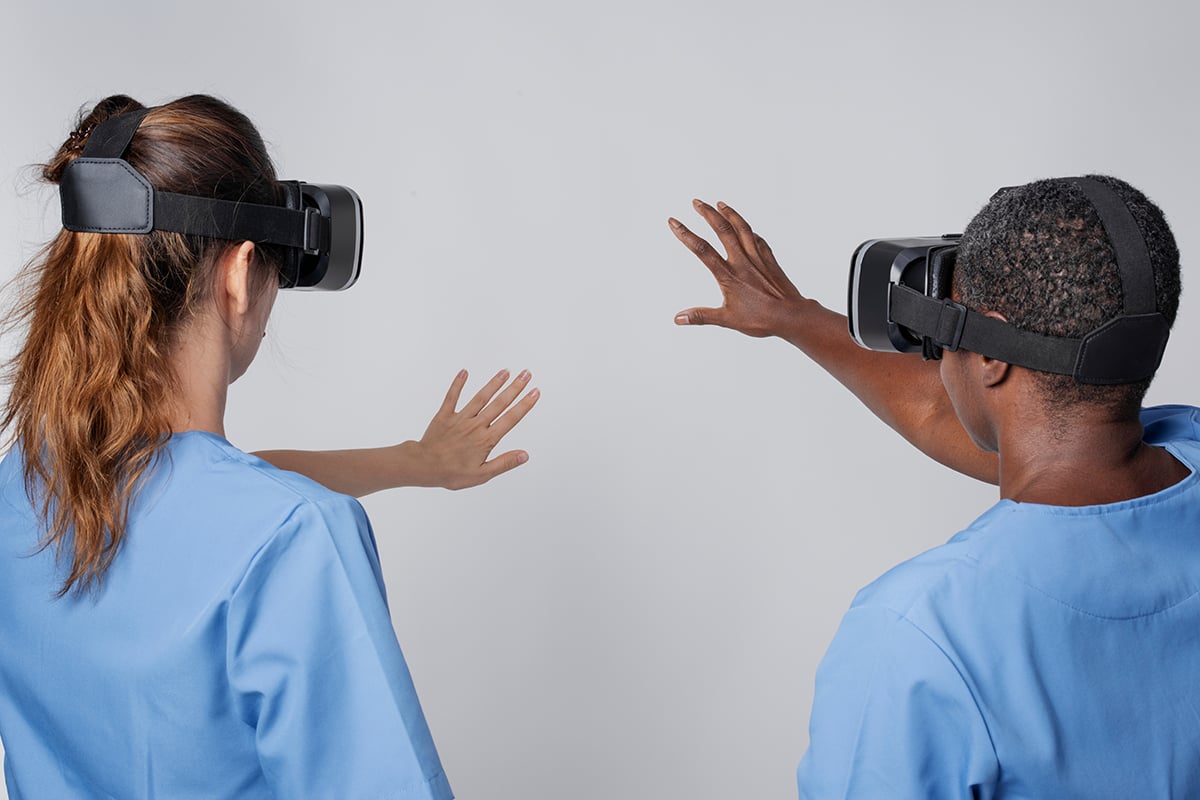Inmates at the Maryland Correctional Institution for Women (MCIW) are embracing a forward-thinking initiative aimed at preparing them for life beyond incarceration. Spearheaded by the nonprofit organization Vehicles for Change, this groundbreaking program leverages virtual reality (VR) technology to equip prisoners with job-ready skills, focusing particularly on the field of auto mechanics.
Tiffany Joseph Busch, a 36-year-old inmate, stands as a testament to the program’s success. Despite having no prior hands-on experience with automotive work, Busch eagerly immersed herself in VR-based training sessions. Guided by a Meta Quest VR headset, she adeptly tackled tasks like oil changes in a virtual garage. Her story mirrors that of many inmates who view this opportunity as a pivotal step towards rebuilding their lives post-release.
The partnership between Vehicles for Change and MCIW is vital, addressing the challenge of recidivism by equipping incarcerated individuals with valuable skills that lead to job opportunities. Nationwide, there’s a strong demand for auto technicians, with thousands of job vacancies each year. Through thorough training in this industry, the initiative strives to narrow the divide between incarceration and successful societal reintegration.
Originally conceived as a response to the challenges posed by the COVID-19 pandemic, the VR training initiative has since transcended its initial scope in Maryland. Pilot programs are now underway in correctional facilities in Texas and Virginia, signaling the potential for scalability and nationwide impact. This innovative approach not only optimizes resources but also dismantles traditional barriers to education and employment faced by incarcerated populations.
Maryland’s correctional department recognizes the transformative potential of VR technology in revolutionizing job training behind prison walls. By circumventing the need for physical infrastructure and costly equipment, VR presents a cost-effective solution that can be swiftly implemented across various correctional facilities. Furthermore, the immersive nature of VR simulations accelerates learning, enabling participants to acquire skills in a fraction of the time required by conventional methods.
Since its inception, the VR training program at MCIW has seen 15 women graduate, equipped with the expertise to pursue careers as tire lube technicians and obtain Automotive Service Excellence certification. Beyond imparting practical skills, the program instills a sense of hope and optimism among participants, reminding them that opportunities exist beyond the confines of incarceration.
Meagan Carpenter, another beneficiary of the program at MCIW, underscores the transformative potential of VR training. Despite initial skepticism about learning in a virtual environment, Carpenter and her peers now exude confidence in their abilities, highlighting the efficacy of VR as a training tool. Employers, recognizing the value of skills acquired in virtual settings, are willing to support the transition from simulation to practical application in real-world scenarios.
Looking forward, advocates of VR-based training envision a future where marginalized populations can access quality education and employment opportunities, irrespective of socio-economic barriers. By democratizing skills training and empowering individuals with marketable expertise, VR technology has the potential to reshape the landscape of workforce development and break the cycle of poverty and incarceration.
The convergence of VR technology and job training offers a glimmer of hope for incarcerated individuals seeking to break free from the cycle of recidivism. Through innovative programs like the one at MCIW, inmates not only gain valuable skills but also reclaim their agency and envision a brighter future beyond bars. As the program continues to evolve and expand, its impact on reducing recidivism and promoting reintegration underscores the transformative power of education and opportunity.







